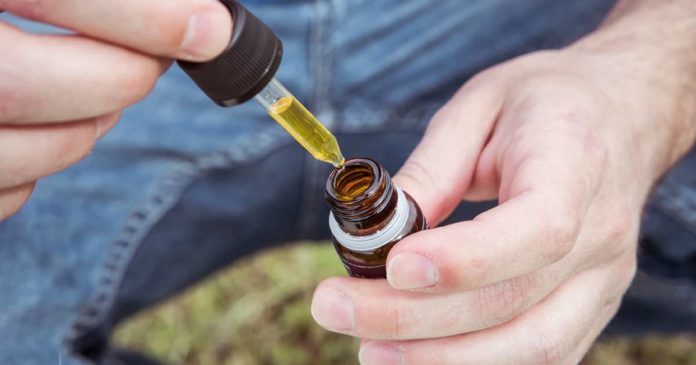An international panel of medical experts haven’t given strong support for chronic pain patients trialing non-inhalable medical cannabis.
Part of the BMJ’s Rapid Recommendations initiative, a “weak recommendation” for such medicines has been based on reviews of dozens of studies looking at various aspects such as benefits and harms and as a substitution for opioids.
Among the panel’s findings:
- small to very small improvements in self reported pain intensity, physical functioning and sleep quality, with zero improvement in emotional, role, or social functioning.
- no evidence was found linking psychosis to medicinal cannabis or cannabinoids.
- a “small to modest risk” of mostly self limited and transient harm, such as dizziness.
- while potential serious harms such cannabis dependence, suicide and suicide ideation were uncommon, this evidence was considered to be only “very low certainty”.
- regarding the potential for reducing opioid use; again, very low certainty evidence.
Based on these and other aspects, the recommendation is “weak” for chronic pain given the close balance between the pros and cons. It’s important to note the recommendation does not apply to smoked, vaporised or recreational cannabis or patients receiving end-of-life care.
“This new patient centred guidance can improve shared decision making: clinicians should emphasise the harms associated with vaping or smoking cannabis and, as recommended by other guidelines, suggest products with known compositions such as nabilone or nabiximols, discourage self medication, and pay particular attention to vulnerable populations,” states a related editorial.
Nabilone is a synthetic cannabinoid mimicking tetrahydrocannabinol (THC) and nabiximols is cannabis extract containing THC and cannabidiol (CBD)
Among the guidelines mentioned is patients start with low-dose cannabidiol (products, gradually ramping up the dose and tetrahydrocannabinol (THC) level based on results. For younger or adolescent patients, CBD preparations should be preferred given uncertainty surrounding THC’s impact on neurocognitive development.
The full clinical practice guideline can be accessed here.
Given the number of studies and other research that appear to indicate medical cannabis can be quite beneficial for chronic pain patients, it will be interesting to see the general reaction to BMJ’s work and how any debate stacks up.
BMJ has been working with MAGIC to develop Rapid Recommendations, which are designed to accelerate evidence into practice to answer common, important questions for healthcare providers. How the Rapid Recommendations process works can be viewed here.


